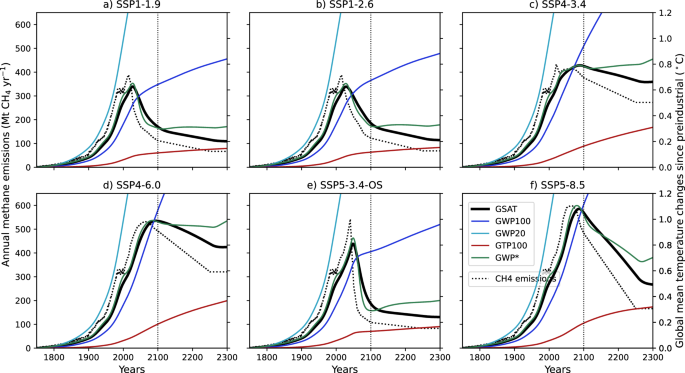
- Select a language for the TTS:
- UK English Female
- UK English Male
- US English Female
- US English Male
- Australian Female
- Australian Male
- Language selected: (auto detect) - EN
Play all audios:
LAWRENCE BROWNLEE/MICHAEL SPYRES Amici e rivali ★★★☆☆ DAUMANTS LIEPINS Rachmaninov/Zemzaris ★★★★☆ How do you feel about firework displays? The vocal eruptions on Lawrence Brownlee and
Michael Spyres’s album last nearly 80 minutes. The explosions all come from Rossini, with selections from seven operas laden with chances for two tenors to entwine themselves in song and
almost burst blood vessels pursuing the _bel canto_ art. It’s a feat to which these American tenors are particularly well suited. You hear them at their gorgeous best as Figaro (Spyres in a
traditional baritone role) and Count Almaviva, scheming away in their Act I duet from _The Barber of Seville_. Whatever they sing, the amount of character in each voice easily exceeds the
usual recital dosage. The pair are well contrasted too, with Spyres’s beefier tones complemented by Brownlee’s lighter flutings. Corrado Rovaris and his Veronese orchestra, I Virtuosi
Italiani, agreeably bustle alongside. You probably sense a “but” coming. Its source is the _bel canto_ recital format: one dazzling gobbet after another, thrust at us as if on a toasting
fork, without any pause for vegetables or even a decent breath. Track one’s fireworks filled me with joy. By track 12? Through repetition and claustrophobia, joy had shrunk. Advertisement
Placed at the top of _Pianist_ magazine’s list of “Pianists to Look Out for in 2020”, the young Latvian Daumants Liepins also offers fireworks, yet they are always embedded in sustained
drama. Listen to the aqueous flow and stormy waves in the second of Rachmaninov’s Op 39 _Études-Tableaux_, or the textural subtleties and fiery panache in the composer’s Second Sonata,
dispatched in its tightened 1931 revision. Sensitive, imaginative, in full command of his instrument’s resources, Liepins effortlessly keeps the listener transfixed. That’s equally true with
the Third Sonata of Imants Zemzaris, a contemporary Latvian with a quizzical attitude towards his musical material. Restless and obsessive, this singular sonata exactly suits what Liepins
describes as his recital’s theme: “the majesty of nature and the fragility of the soul”. This is a deeply satisfying album. _(Erato; Skani)_





